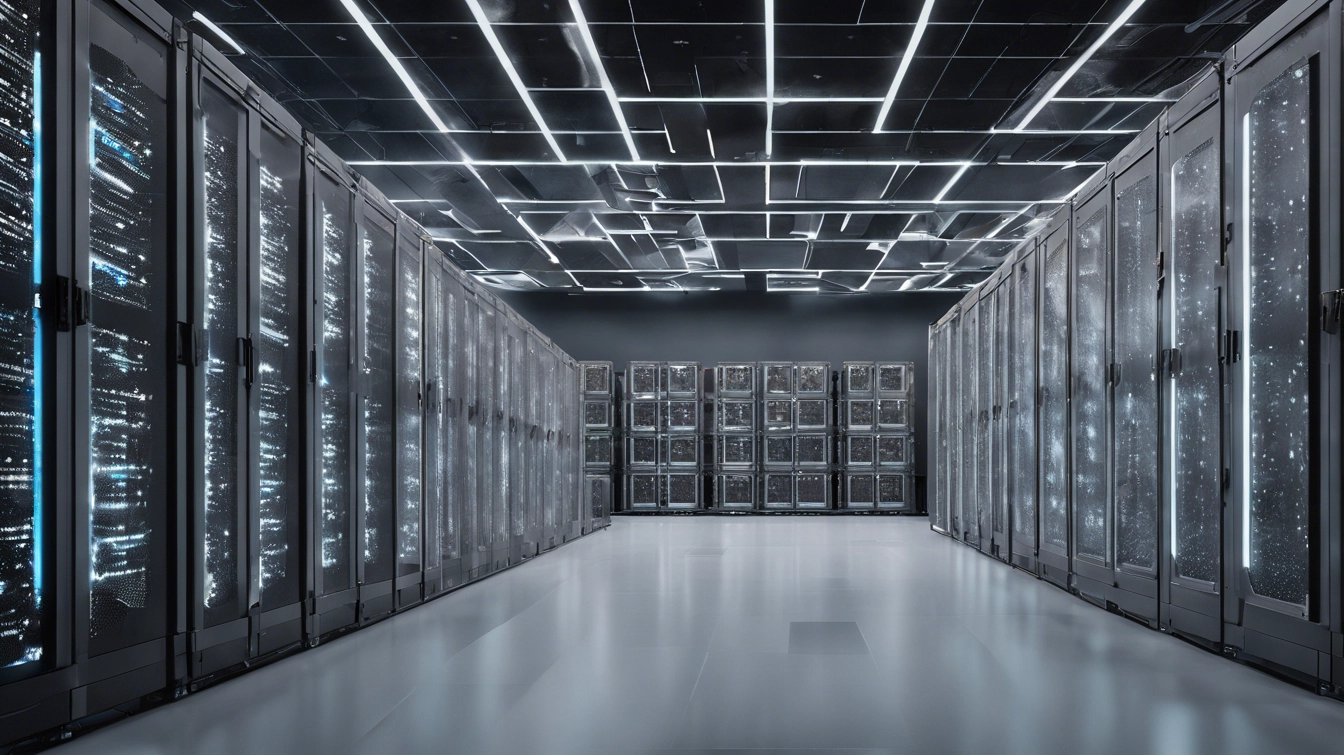The benefits of modular scalability offer long-term cost benefits. The scalability in data centers are substantial, making it a preferred choice for organizations looking to optimize both initial and ongoing investments. Here’s a breakdown of the key long-term cost benefits: Look for other viewpoints in modular data center scalability, read this article.
Pay-As-You-Grow Model
Modular data centers allow for incremental investments. Instead of making a large upfront capital outlay to build a traditional data center that may not be fully utilized for years, you can add capacity as needed. This “pay-as-you-grow” model helps reduce financial strain and improves capital efficiency by spreading costs over time, aligning with growth rather than projecting far into the future.
Reduced Upfront Capital Expenditure (CapEx)
Traditional data centers often require significant CapEx to build out large-scale infrastructure, including power, cooling, and networking. With modular data centers, you only invest in the resources you need when you need them, leading to much lower initial capital costs. This flexibility makes it easier to manage cash flow and allocate funds toward other strategic initiatives.
Lower Operating Costs (OpEx)
Modular centers are designed to be highly efficient with optimized power and cooling systems. They only consume energy for the modules that are in use, significantly reducing operational expenses over time. Additionally, modular centers can incorporate advanced cooling technologies that further reduce energy consumption, lowering utility costs.
Faster Time-to-Market = Revenue Acceleration
Since modular data centers can be deployed much faster than traditional centers, they allow businesses to bring services online more quickly, generating revenue sooner. This faster deployment timeline reduces downtime and maximizes the return on investment as companies can scale quickly in response to market demand, capturing new opportunities without waiting for large-scale builds.
Improved Resource Utilization
With traditional data centers, you often end up overbuilding to account for future needs, which means underutilized capacity for long periods. Modular designs allow you to add capacity in response to actual demand, ensuring that you’re not paying for unused space, power, or cooling. This improves resource utilization and reduces waste, helping you achieve more efficient cost management.
Flexibility in Location and Expansion
Modular data centers can be deployed anywhere, including remote or space-constrained locations. They offer flexibility in expansion, allowing companies to grow their infrastructure without having to invest in entirely new facilities. This saves on costs related to real estate, construction, and logistics, particularly when expanding into new markets or regions.
Lower Maintenance and Upgrade Costs
Maintenance and upgrades are simplified with modular centers. If one module requires an upgrade or repair, it can be serviced without disrupting the entire operation. Over the long term, this results in lower maintenance costs and fewer operational disruptions compared to traditional data centers, where upgrades can be more complex and costly.
Scalability Without Overhead Costs
Traditional data centers often come with large fixed overhead costs, regardless of utilization. Modular data centers scale incrementally, which means overhead costs remain proportional to the size of the deployment. This ensures you’re only paying for the infrastructure you’re using, which can result in significant cost savings over time.
Improved Resale and Redeployment Value
Since modular data centers are more flexible and portable, they can often be redeployed or sold if business needs change. Traditional centers, on the other hand, are fixed, and their infrastructure is not easily transferable. This adds an additional layer of cost efficiency as you can retain asset value with modular solutions.
Technology Adaptability = Future-Proofing
Modular data centers are more adaptable to new technologies. As hardware and software evolve, modular centers can integrate these changes without requiring a full overhaul of the infrastructure, which reduces long-term tech refresh costsand extends the lifespan of the facility. Traditional data centers may require expensive retrofitting to remain up-to-date.
Benefits of modular scalability conclusion
The long-term cost benefits of modular scalability include lower upfront and operational costs, improved resource utilization, faster revenue generation, and better flexibility in managing upgrades and expansions. This makes modular data centers a more cost-effective, future-proof solution for businesses with dynamic or evolving infrastructure needs.
Interested in learning more about AI as a Service and modular data centers? Read more here.
